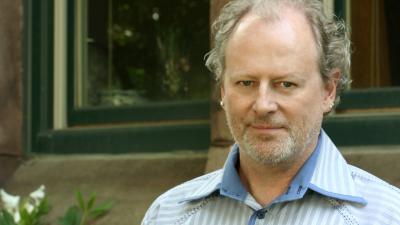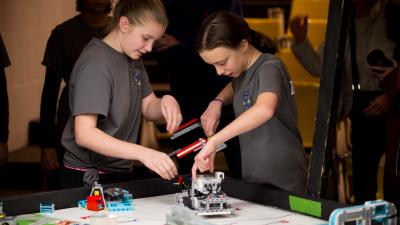Rensselaer Polytechnic Institute Board Extends President Jackson’s Contract
The Rensselaer Board of Trustees, at the November Board of Trustees meeting, unanimously agreed to extend the existing employment contract of President Shirley Ann Jackson, Ph.D., through June 30, 2022. President Jackson has accepted the invitation from the Board.









